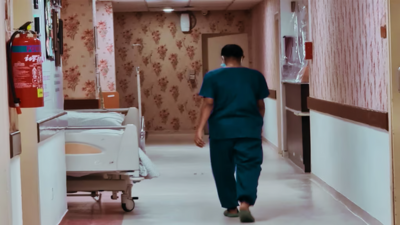The Madras High Court recently declined to quash criminal proceedings against a Siddha practitioner who was charged for storing allopathic medicines in her clinic.
In the order dated October 3, Justice G. Jayachandran clarified that while qualified Siddha practitioners in the state can practice modern medicine, storing allopathic medicines without a license is an offense under the Drugs and Cosmetics Act, 1940.
The Court explained that “Section 18(c) of the Drugs and Cosmetics Act, 1940 mandates that storing, selling, or distributing any drug must be done only with a license issued for that purpose. Section 27(b)(ii) provides penalties for violating Section 18(c). The case against the petitioner is not about practicing modern medicine, but rather about stocking and selling drugs without the required license.”
The petition was filed by S. Sindhu, a Bachelor of Siddha Medicine and Surgery, who operates a traditional medicine clinic in Chennai. Her clinic was inspected in February 2017 by an official from the Office of Assistant Director of Drugs Control, following a private complaint, and about 29 units of used and unused allopathic medicines were found.
Sindhu’s counsel argued that the criminal proceedings should be dismissed, claiming that the trial court took cognizance without proper consideration. The counsel cited a September 2010 notification from the Tamil Nadu government, which allowed Siddha practitioners to “practice modern scientific systems of medicine,” implying that she could prescribe allopathic medicines.
However, the State countered that Section 18(c) of the 1940 Act clearly prohibits the storage of allopathic medicines by individuals without a proper license. The High Court agreed with this interpretation and emphasized that the penalties under Section 27(b)(ii) apply to such violations.
Advocate A. Velmurugan represented S. Sindhu, while Government Advocate K.M.D. Muhilan appeared for the State.

















